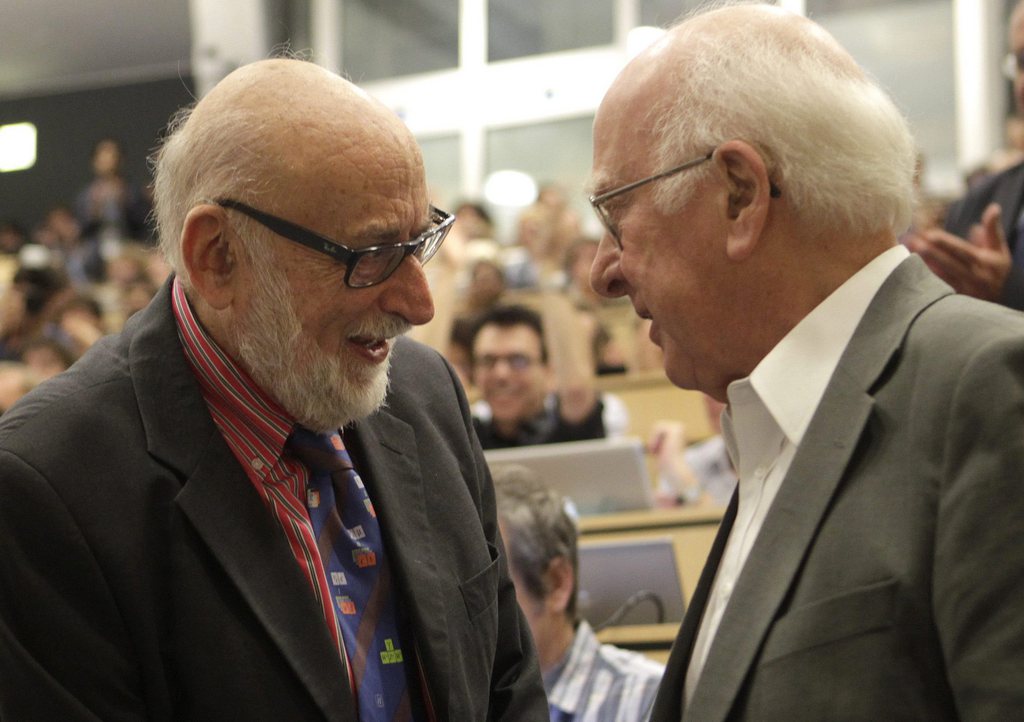Is education the answer? Swiss look to Nobel winners

Newspapers in Switzerland took their lead from Friday’s announcement of the joint winners of the Nobel Peace Prize, 17-year-old Malala Yousafzai and 60-year-old Kailash Satyarthi, to write about children’s rights and the importance of education.
Both of the prize winners this year recognised a “simple truth“ writes the Neue Zürcher Zeitung (NZZ) on Saturday, that is, that “children change the world”.
“A Pakistani and an Indian, a Muslim and a Hindu, a 17-year-old schoolgirl and a 60-year-old man. This year’s Nobel Peace Prize winners are different in many ways. What they have in common is their battle for the rights of children.”
Malala Yousafzai is the schoolgirl who became a figurehead for the right of girls to an education after she survived being shot in the head by the Taliban on her way to school in Pakistan in 2012.
Kailash Satyarthi is a less well-known figure, an Indian man who has fought for decades to put a stop to child trafficking.
The NZZ comments that Satyarthi was concerned with making sure that children had “the time and the freedom, to be children”.
Those who want to find a long-term solution to terrorism, under development and “backwards-looking societal structures” should put stock in youth, the paper goes on to say.
It adds that empowering children gives them the tools “to use their intelligence” when they are adults, and “shape their own lives”.
‘Catapulted’ into a different world
In the Tages-Anzeiger newspaper, a slightly different point is being made about the rights of children to be children.
“Does a girl still have the chance to be a girl [child], when she has been overwhelmed with so many prizes at such a young age, as Malala Yousafzai?” asks the paper.
It goes on to say, that when Yousafzai miraculously survived being attacked by the Taliban, she “presumably ceased to be a girl like any other”.
The attempt on her life “forcefully catapulted her into the world of adults” says the article.
An opinion piece goes further to add that the decision to jointly award the prize to an Indian and a Pakistani will do little to change entrenched divisions between the two nations in certain parts of both countries and societies.
It adds that it is not always the case that warlords, terrorists and other aggressors were strangers to the classroom, many more came from the educated classes, the opinion piece argues.
“Education does not make the world more peaceful per se,” it adds, even when the prize committee in Oslo “wants to make it seem so”.

In compliance with the JTI standards
More: SWI swissinfo.ch certified by the Journalism Trust Initiative











You can find an overview of ongoing debates with our journalists here . Please join us!
If you want to start a conversation about a topic raised in this article or want to report factual errors, email us at english@swissinfo.ch.